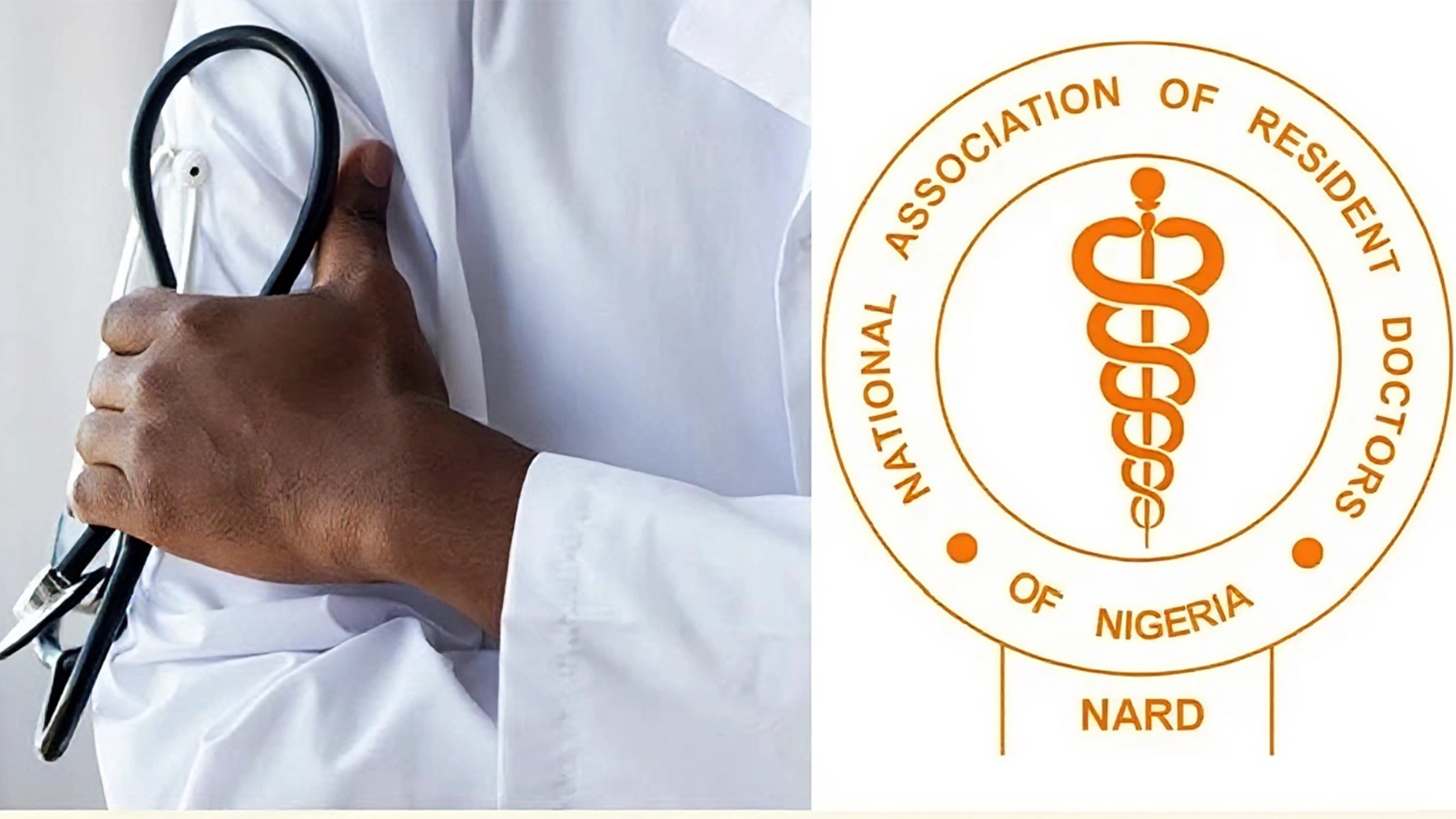The Lagos State government has reported a new global benchmark for exclusive breastfeeding, recording a rate of 57.4 per cent above the global average.
The success comes amid renewed calls by the World Health Organisation (WHO) and UNICEF for countries to strengthen health systems and invest in sustainable breastfeeding support to protect infant health and development.
The milestone comes at a time when exclusive breastfeeding rates globally remain at 48 per cent, well below the World Health Assembly’s 2030 target of 60 per cent. According to WHO and UNICEF, this shortfall is largely due to the lack of timely and skilled support for mothers during the most critical moments of infancy.
Most countries, they noted, still fail to incorporate breastfeeding counselling into routine maternal care, leaving mothers to navigate early feeding decisions without sufficient professional guidance.
In a statement jointly signed by WHO Director-General Dr Tedros Adhanom Ghebreyesus, and UNICEF Executive Director Catherine Russell, the two agencies described breastfeeding as a baby’s first vaccine, providing essential protection against common but life-threatening illnesses such as diarrhoea and pneumonia.
In Lagos, however, health officials are celebrating measurable progress. During the official flag-off of World Breastfeeding Week in the state, the Special Adviser to the Governor on Health, Dr Kemi Ogunyemi, announced that the state had surpassed the global benchmark, recording an exclusive breastfeeding rate of 57.4 per cent.
Describing the achievement as a major step toward improving child survival outcomes, she attributed the success to sustained public health interventions and a growing emphasis on maternal and child nutrition.
Yet, the state’s achievement is tempered by concern over a persistent gap in early initiation. Ogunyemi revealed that only 14 per cent of infants in Lagos are breastfed within the first hour of birth, a critical window that WHO and UNICEF insist is vital for boosting immunity and reducing neonatal mortality.
She identified several factors behind the low rate, including gaps in service delivery, misinformation among caregivers, and the continued use of pre-lacteal feeds such as glucose water and infant formula.
“When babies miss colostrum, which is rich in antibodies, their immunity is compromised from the start,” she said. She added that the state government is investing in the retraining of midwives and birth attendants to promote timely and effective breastfeeding practices.
Ogunyemi emphasised that this year’s theme, “Prioritise Breastfeeding: Create Sustainable Support Systems,” aligns closely with the state’s maternal health agenda.
She said Lagos has institutionalised six-month maternity leave and two-week paternity leave for public servants during their first two deliveries; a move she described as crucial to enabling families to commit to exclusive breastfeeding during the most critical early months.
“We urge private employers to adopt this forward-thinking standard,” she added.
Echoing global recommendations, the Special Adviser called for greater investment in maternal, infant, and young child nutrition (MIYCN), stressing that breastfeeding must be viewed not just as a health issue, but as a developmental and economic priority.
WHO and UNICEF also underscored this point in their joint statement, noting that every dollar invested in breastfeeding support generates a return of $35 in health and economic benefits.
They called on governments to equip health systems with trained personnel, integrate breastfeeding support into all levels of maternal care, and uphold the International Code of Marketing of Breast-milk Substitutes to protect mothers from misleading product promotions.
Supporting these efforts locally, Lagos State announced that it intensified antenatal counselling and health education at over 334 Primary Health Centres and 20 Mother and Child Centres equipped with skilled paediatric and maternal care personnel. Ogunyemi said these facilities now deliver more consistent breastfeeding education to new mothers, helping to demystify harmful myths and prepare families for optimal infant feeding practices.
Speaking at the event, Director of Family Health and Nutrition, Dr Folashade Oludara, reinforced the economic value of breastfeeding, especially during times of financial hardship. “Breastfeeding is the most affordable and effective source of nutrition for infants. It’s free, always available, and comes with no side effects,” she said.
She urged mothers to disregard persistent myths, such as the belief that breastfeeding causes saggy breasts, and instead focus on its protective benefits for both infants and mothers. “Exclusive breastfeeding even reduces a woman’s risk of breast cancer,” she added.
Also delivering a goodwill message, Founder of the Child Health Advocacy Initiative (CHAI) and UN Nutrition Champion to Nigeria, Dr Lola Alonge commended Lagos for being the first state to implement a six-month paid maternity leave policy.






